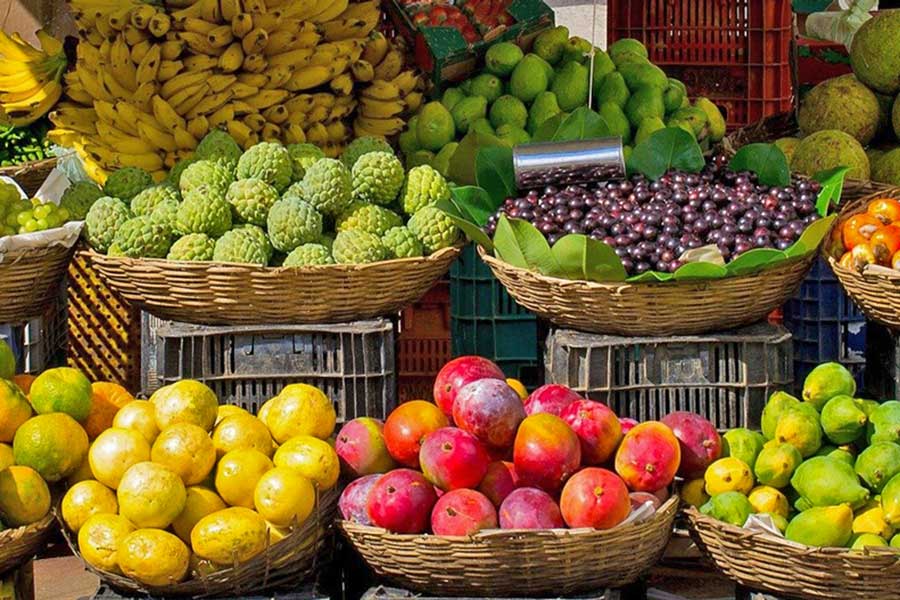EXPLORE UGANDA.
Where adventure, wildlife, and culture come together to create an unforgettable experience.
Uganda, fondly called the ‘Pearl of Africa,’ is a country of breathtaking contrasts. In the north, you’ll find dry savannas, while the west boasts lush, green mountains. The central region is home to dense, vibrant forests. This stunning diversity also extends to its wildlife. Uganda is home to the rare and endangered mountain gorillas of Bwindi Impenetrable Forest, the famous tree-climbing lions of Ishasha, and four of the Big Five at Queen Elizabeth National Park. Add a splash of flamingos, and you have a wildlife lover’s dream
Adventure Awaits in Uganda
For thrill-seekers, Uganda offers whitewater rafting, kayaking, quad biking, and even horse riding. Hiking through the hills and forests is another favorite. And after a day of adventure, you’ll find the locals friendly and welcoming, with Kampala’s buzzing nightlife—bars, clubs, and restaurants—offering the perfect place to unwind
Money matters
Currency
Uganda’s official currency is the Uganda Shilling (UGX). You’ll find notes ranging from UGX 1,000 to UGX 50,000. Coins are also in circulation, though smaller denominations are gradually being phased out. Foreign currencies like the US Dollar, Euro, and British Pound are widely accepted, especially in urban areas. However, avoid old or damaged notes—they may not be accepted.
You can exchange foreign money at banks or forex bureaux. If you’re using US Dollars, make sure they’re printed after 2006 for smoother transactions.
Banking
Banks typically open from Monday to Friday (8:30 AM–2:00 PM) and Saturday mornings. ATMs are available in big cities but may be limited in rural areas. Carrying cash in smaller denominations is always a good backup plan. Credit cards like Visa and MasterCard are accepted in major hotels and restaurants, though they’re not widely used elsewhere
Getting Around
Traveling in Uganda is an adventure on its own
By road
You can use public buses, hire a car (with or without a driver), or opt for local taxis called “matatus” or motorbike taxis known as “boda-bodas.” While boda-bodas are fast and fun, always prioritize safety—insist on a slower pace if needed
Driving
If you’re driving, a 4×4 vehicle is ideal for rural areas. Be cautious, especially during the rainy season, as many roads can be bumpy and muddy. An International Driving Permit is required, along with third-party insurance
By Water
Passenger ferries and lake taxis operate on Lake Victoria and the Ssese Islands. Always check for safety equipment, like life jackets, before boarding, as storms are common in the rainy season.
By Air
For domestic flights, check out Fly Uganda, Eagle Air, or Aerolink.
Food and Drinks in Uganda
Ugandan cuisine is a delightful mix of flavors influenced by English, Arab, and Indian traditions. Staples like plantains, sweet potatoes, cassava, and beans are widely used.
Local favorites include:
- Ugali: A maize porridge served with flavorful stews.
- Tilapia: A popular fish dish, often grilled to perfection.
- Mandazi: Sweet doughnuts dusted with sugar or cinnamon.
For international flavors, Indian, Chinese, and Italian restaurants are common in larger towns. When it comes to drinking water, stick to boiled or bottled water to avoid any health risks.

Weather and What to Pack in Uganda
Uganda’s climate is tropical, with average temperatures ranging from 21–25°C (70–77°F). Mountainous areas are cooler, and nights can get chilly, so bring layers. Rainfall is common between March–May and October–November, so pack a waterproof jacket if you’re visiting during these months.
For trekking, sturdy walking shoes and long sleeves to protect against mosquitoes are a must. And remember, dark-colored clothes handle Uganda’s red dust better.
Staying Connected
Internet is accessible in most major towns, though rural areas may have limited connectivity. Electricity is 220–240 volts, so travelers from North America may need a voltage converter in addition to a plug adapter (Type G).
